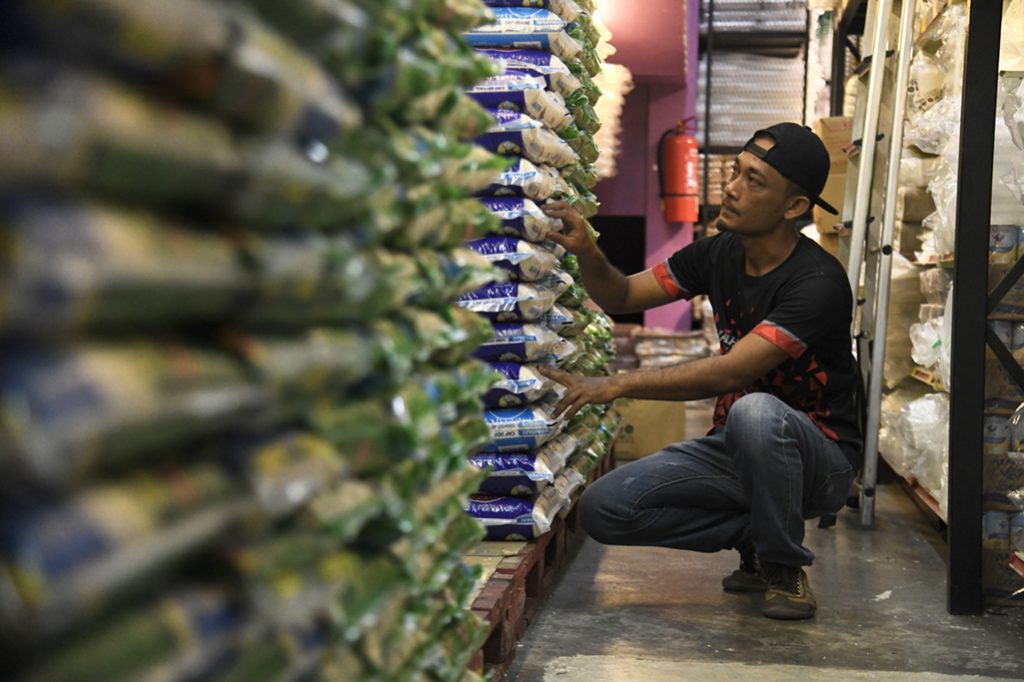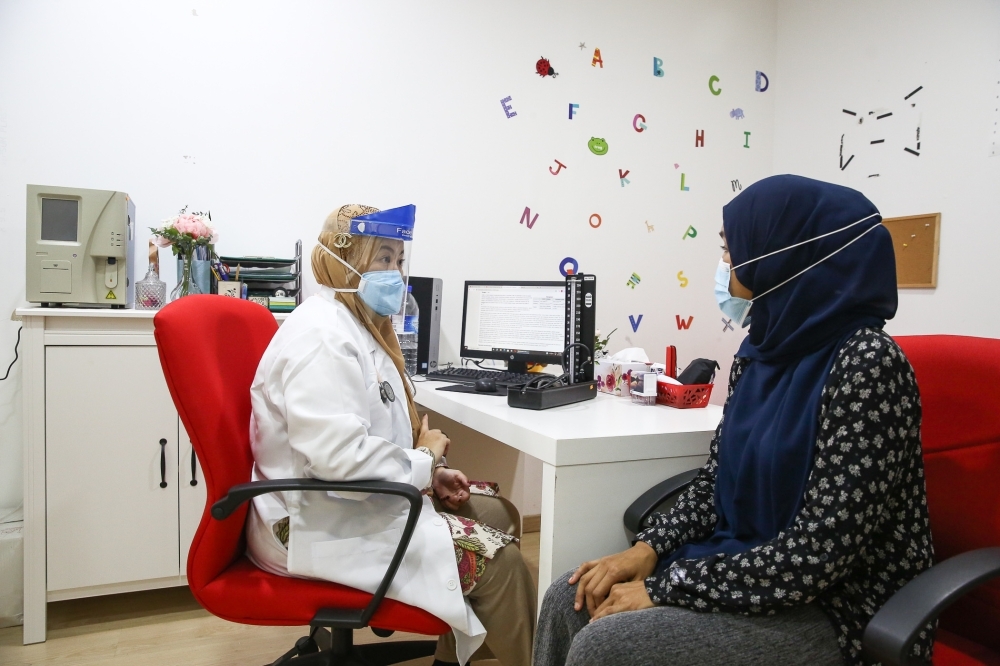As of July 1, the expanded Sales and Service Tax (SST) has officially come into effect, impacting a wide range of goods and services from imported fruits to private healthcare.
 Image Credit: NST
Image Credit: NST
Finance Minister II, Datuk Seri Amir Hamzah Azizan, stated that this move is part of the MADANI economic reforms aimed at strengthening government revenue. The approach is designed to be targeted, ensuring that it does not place undue pressure on Malaysians.
He also emphasised that the additional revenue will be reinvested into rakyat-centric initiatives, including enhanced cash assistance through the Sumbangan Tunai Rakyat (STR) and Sumbangan Asas Rahmah (SARA) programmes, as well as improvements in infrastructure and public services.
Here is the list of goods and services affected by the SST.
What’s not affected?
Essential items such as rice, sugar, cooking oil, eggs, flour, noodles, milk, and common proteins like chicken, beef, and fish remain exempt. Local vegetables and some imported fruits (like apples, oranges, and dates) are also unaffected.
Other exempted categories include medical devices, medicines, books, newspapers, pet food, and beauty services such as haircuts and facials. Construction materials and farming supplies like cement, sand, and fertilizers are also spared from the tax.
 Image Credit: The Edge
Image Credit: The Edge
What’s taxed?
A 5% sales tax now applies to luxury food items and specialty imports such as king crabs, salmon, cod, truffles, imported fruits, essential oils, silk, and industrial machinery.
Meanwhile, a 10% sales tax is imposed on non-essential goods like road bicycles and antique hand-painted artworks.
New service tax rates
The 6% service tax now extends to the construction sector, but only for providers earning over RM1.5 million annually. Residential buildings and public housing-related amenities are exempt, along with B2B transactions to avoid double taxation. Non-reviewable contracts are given a 12-month grace period.
Rental and leasing services are now subject to an 8% service tax if annual income exceeds RM500,000. However, residential rentals, reading materials, financing leases, and leases involving assets outside Malaysia are exempt. MSMEs with sales under RM500,000 and B2B transactions also qualify for exemptions.
Financial services face an 8% service tax, but only on fee- or commission-based services. Basic banking, Islamic financing, foreign exchange, capital market gains, and outward remittances are excluded. B2B transactions, especially those involving Shariah-compliant arrangements or services for Bursa Malaysia and Labuan, are also exempt.
 Image Credit: Malay Mail
Image Credit: Malay Mail
Private healthcare services are now taxed at 6%, but only for foreigners. Malaysians remain fully exempt, including for traditional and complementary medicine such as Islamic, Chinese, Indian, and chiropractic treatments. Services like physiotherapy, audiology, and speech therapy are also exempt for locals.
Lastly, private education is affected. A 6% service tax applies to private preschools, primary and secondary schools charging more than RM60,000 annually, and to private higher education institutions for international students. Malaysians and persons with disabilities are exempt.
Featured Image Credit: 123RF, FMT, The Star





